However, when it comes to your baby, the biggest culprit she cannot stop drooling is her weak or underdeveloped muscles that prevent the saliva from drooling out of your mouth. Why do babies drool so often?
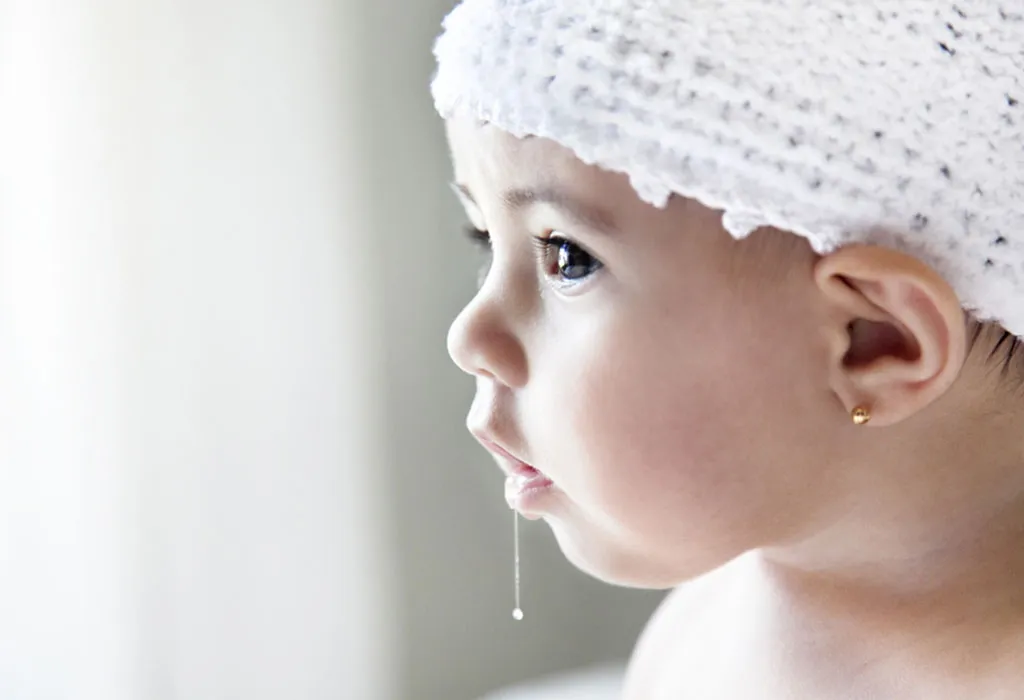
Baby Drooling Causes Developmental Stages Treatment
Why do babies drool so much?
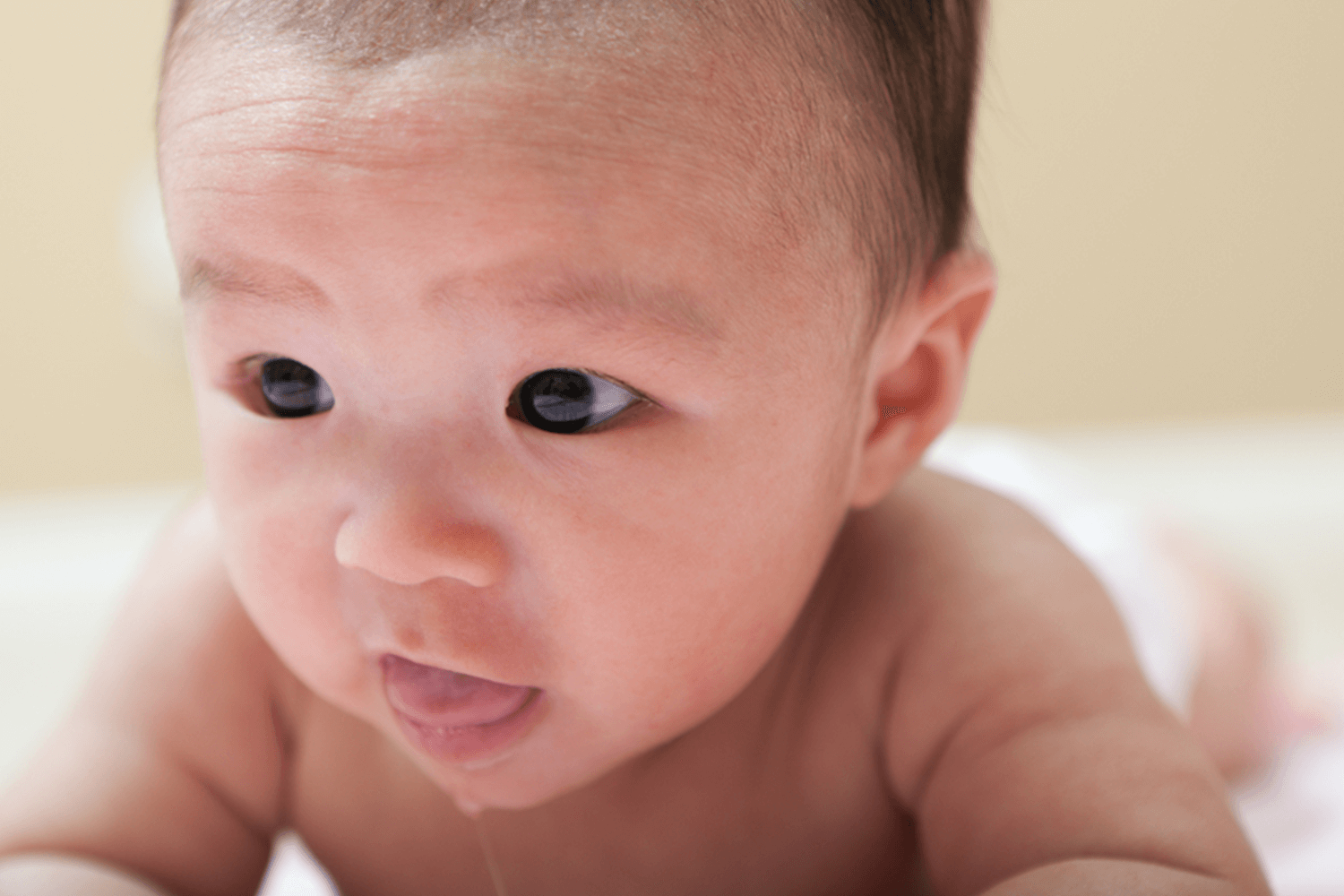
Why do babies drool saliva. They are starting to develop their ability to chew food substances. Babies don’t actually make much. If you see your baby drooling excessively, it could be due to the underdeveloped muscles in his mouth or excess production of saliva in his mouth.
Infants begin to drool at 3 months, as the body secretes more saliva in preparation for solid foods. So that’s when saliva becomes more watery (and more plentiful!) babies’ drooling peaks when they master advanced baby skills like bringing their hands to their mouth and chewing. Difficulty swallowing, excessive saliva production, and weak muscle control can lead to drooling.
In some cases, even smelling breastmilk from tissues, a baby also can drool. Due to their undeveloped oral motor function, they cannot coordinate their muscles to swallow all the saliva, and so, most of it ends up on their clothes. Makes it easier for your baby him to swallow;
Saliva serves many necessary functions. (before this age, their hand movements were pretty clumsy.) second, babies have developed the ability to chew, which stimulates the production of saliva. Babies with generalized developmental delays may also drool excessively if the muscles they use.
Drooling begins around 3 to 6 months of age newborns don’t produce much saliva. Saliva helps to keep the environment within the mouth healthy. Drooling occurs when the large salivary glands are known as the parotid glands mature.
Sometimes, drooling may also happen in response to the sight, scent, or taste of certain foods. Drooling is essentially saliva that flows unintentionally outside your mouth. Drooling fulfills several important functions for your baby.
The baby does this much less often, which is why he drools more. For other children, however, it can be excessive. Another reason why babies drool so much around this age is because it helps them grow and develop.
Babies produce more saliva than adults. They throw it out of their mouths because they haven’t learned to swallow yet. It helps bind food together as we eat, which is important for safe swallowing.
It turns out that drool is a sign that your baby's salivary glands are becoming active. An adult swallows saliva every four to six minutes when awake and every seven to eight minutes when asleep. Working on that coordinated reflex.
Sleep apnea can cause the baby's tonsils to swell. Keeps your baby's mouth moist; For example, if your baby is usually fed at 6 a.m but if this feeding time is late, he will drool excessively.
Drooling do also appears to see when the baby is sleeping. Saliva not only moistens food but also breaks it down so it is easier to swallow. So this is not something to be concerned about.
As per the expert, it is said that excessive and out of time drooling requires more attention with respect to medical attention. Additionally, babies might drool because they have a limited ability to swallow. These specific motions stimulate sensors in the mouth (mechanoreceptors) that signal the salivary glands.
Saliva is necessary for maintaining moisture in your infant’s mouth. Stomach acid is neutralized by the saliva, the babys intestinal lining is further developed from. This sudden growth kind of stimulates saliva production in kids and the baby begins to drool all the time though the final appearance of tooth will be between 6 to 8 months of age, the process has started quite early in your baby’s gums.
Saliva is vital for digestion—which is why your mouth waters when you smell a delicious dinner on the stove. Drooling is a normal part of a baby’s development. Softens and moistens food once solids are part of your baby's diet;
Our spit actually contains the enzyme amylase, which cleverly breaks down starches into maltose and dextrin. The main reason we produce saliva is to begin the process of digestion of solid foods. For the average child, unnecessary loss of saliva stops around age 4.
Babies don’t actually make much saliva until they are 3 months old. Also, saliva contains enzymes that prevent infections during teething. Babies do it less often, which is why they drool more.
What happens is when the tooth begins traveling through the gum it catalyzes saliva production, which in turn means your baby starts to drool! There are two other reasons why babies start to drool at three months of age. Babies are becoming more active.
Why is my baby drooling? Potential causes of baby choking on saliva. Now, babies begin to drool at an amazing rate at around three months of age because their teeth begin to travel upwards through the gum.
Being hungry also is another trigger for saliva bubbles. Uneven breathing characterized by pauses lasting for up to 20 seconds. As part of their development.
Researchers believe a baby’s excess drool production is connected to a developing digestive system—so the appearance of drool is likely a sign that your baby’s digestive system is in full development mode. Excessive drooling may result in causing pneumonia in which there are more chances for the saliva to get into the lungs through inhaling. This seems unbelievable, but it is true.
This is why babies drool more every time a new tooth comes out. Often, drooling is associated with teething. Saliva also aids in the digestion of food and helps keeps our oral cavity clean.
Similarly, when babies start complementary feeding, their taste buds secrete more saliva. First, babies can finally bring their hands to their mouths intentionally. When your baby is teething, you might notice increased drooling.
Some babies drool a bit, while others drool a lot. It is normal and necessary for babies to drool. But there is nothing to worry about, as drooling is a part of his physical development.
Saliva also contains ptyalin, a digestive enzyme that changes starch into sugar. There are other reasons why babies drool. Your baby will soon be an expert in chewing and swallowing while keeping her saliva in.
The adult human swallows saliva every four to six minutes when awake and every seven to eight minutes when asleep. In this case, the saliva helps break down and. The glands that lead to drooling are called salivary glands.
They make a very watery fluid. Babies produce more saliva than adults and expel it from their mouths because they haven’t learned to swallow. Swollen tonsils can block the airways, leading to pooling of saliva which may cause the baby to choke.
It aids in swallowing and clears away residue from breast milk, formula, or food. It shows that their digestive system is developing. Just like adults, your baby’s salivary glands may also be triggered by sour foods.
As previously stated, drooling can be a symptom of a medical issue or it could be just a result of taking certain medications.
Excess Saliva Can Signal Health Conditions That Cause Speech Development Delays
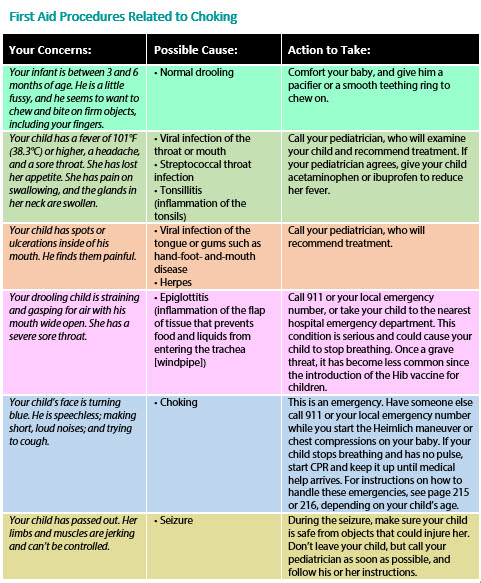
Drooling And Your Baby - Healthychildrenorg
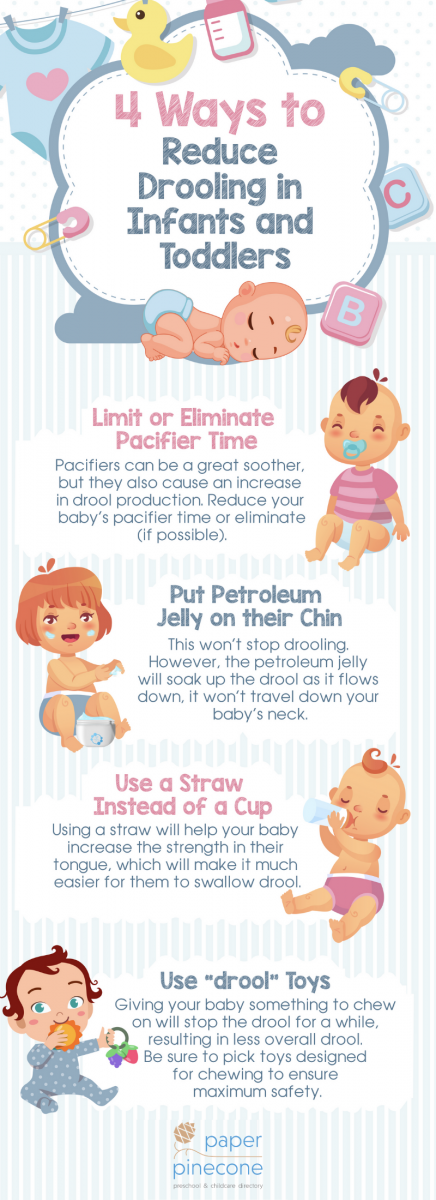
Facts About Your Drooling Baby Is It Natural

Baby Drooling 5 Revealing Things About Your Adorable Drooling Monster

10 Drooling Facts About Baby Drool - Tootris Education Center

What Are The Signs Of Teething With Pictures
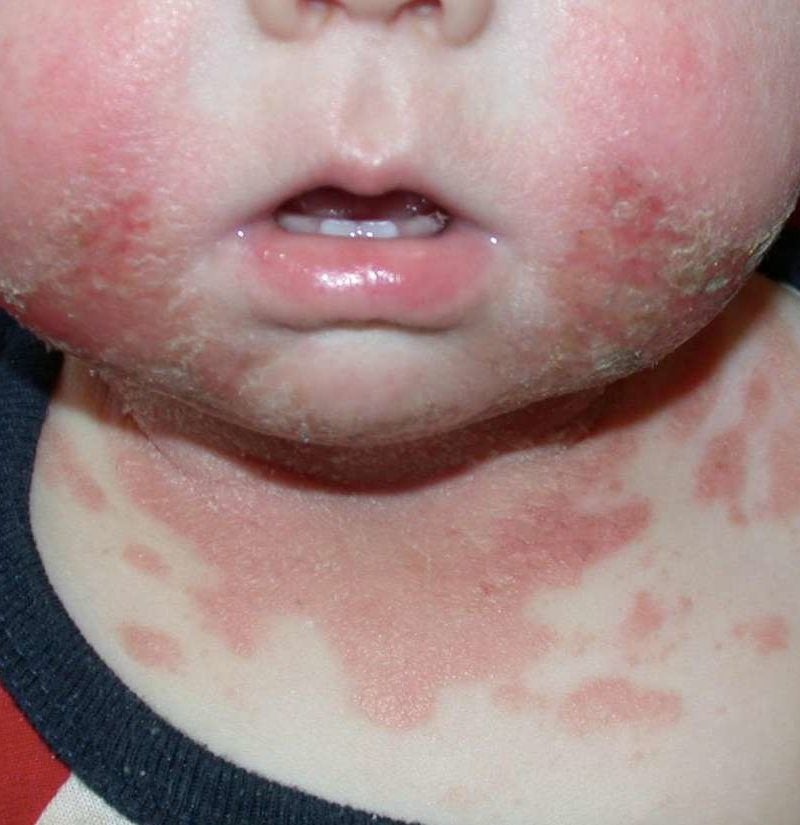
Drool Rash Treatment Prevention And When To See A Doctor
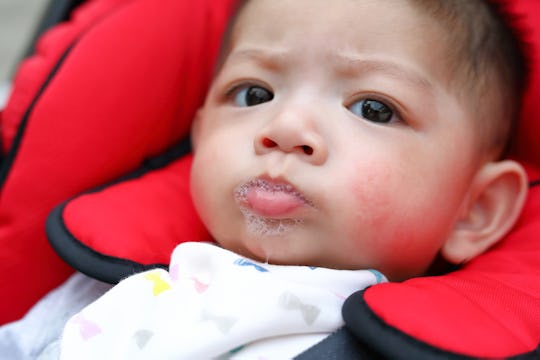
Why Do Babies Drool All The Time Teething Is Just One Of Many Reasons
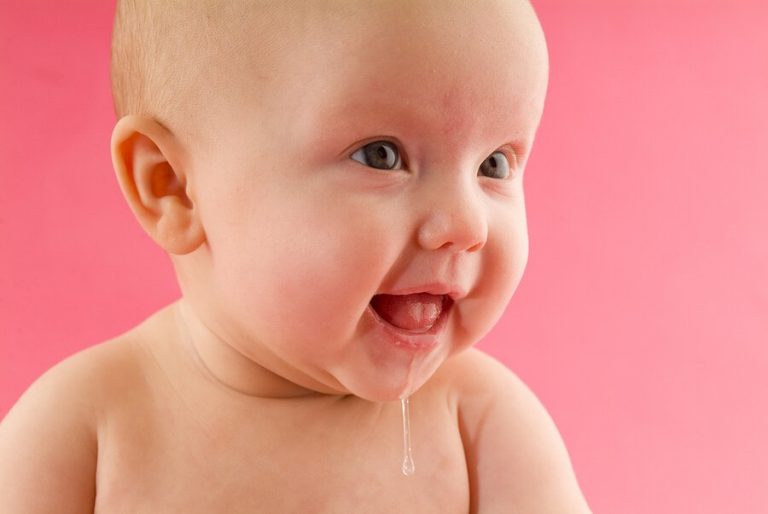
What To Do If Your Baby Drools A Lot - You Are Mom
Salivation In Babies

Baby Drooling Causes Developmental Stages Treatment
:max_bytes(150000):strip_icc()/GettyImages-95919157-579a41225f9b589aa927a63c.jpg)
Drooling Causes And Treatments
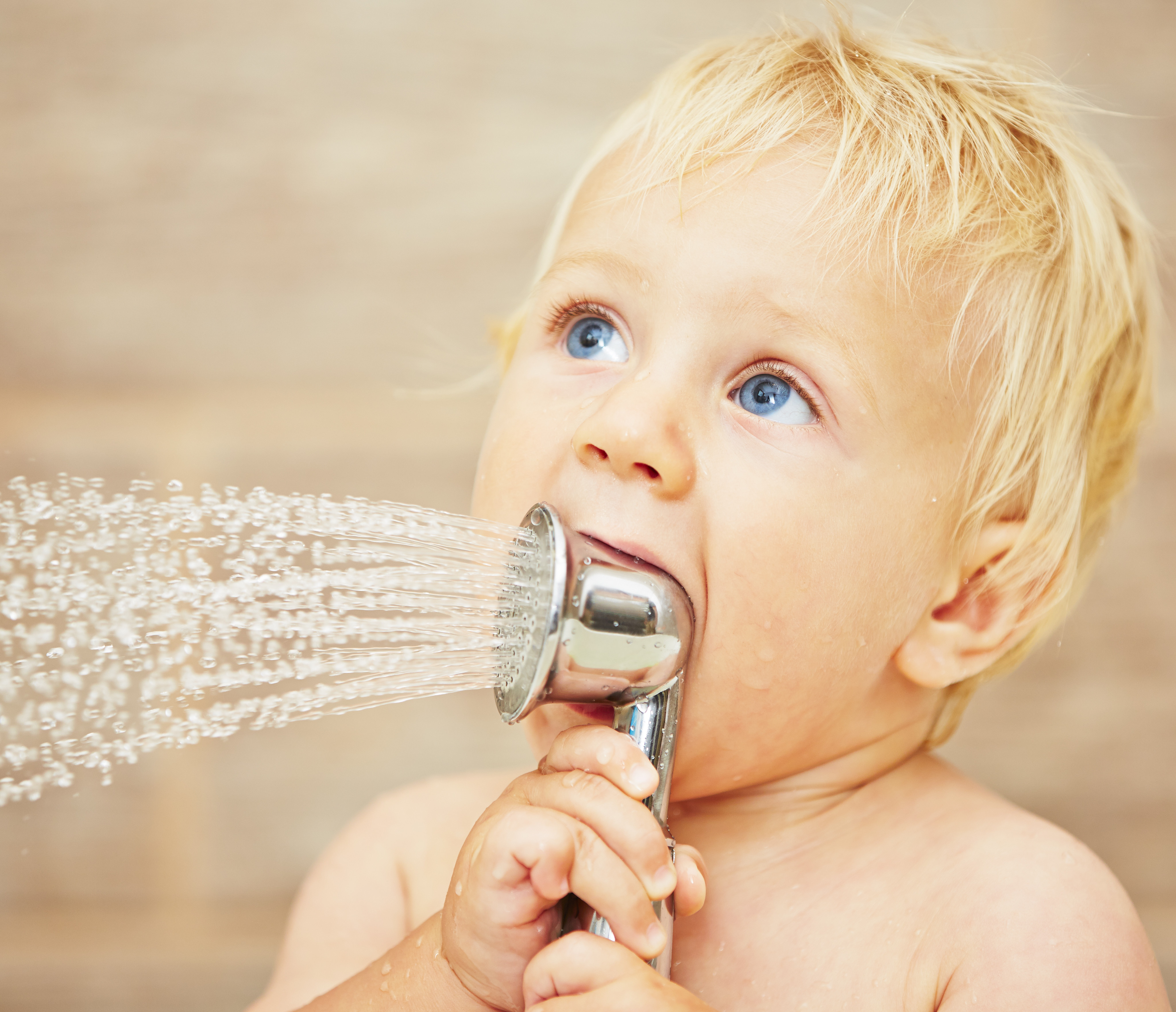
Whats The Deal With Baby Drool - Babyscience
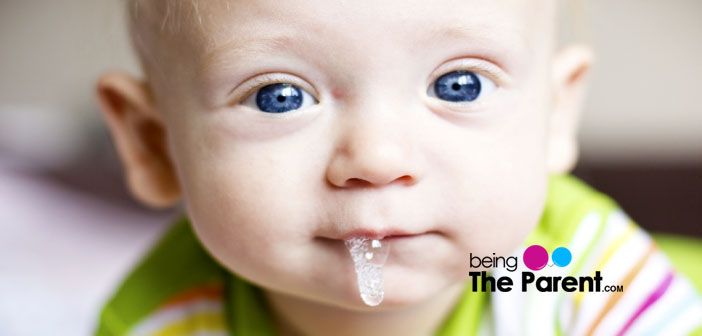
Excessive Drooling In Children - Causes And Prevention - Being The Parent

Baby Salivating A Lot Find Out Why - Boldskycom
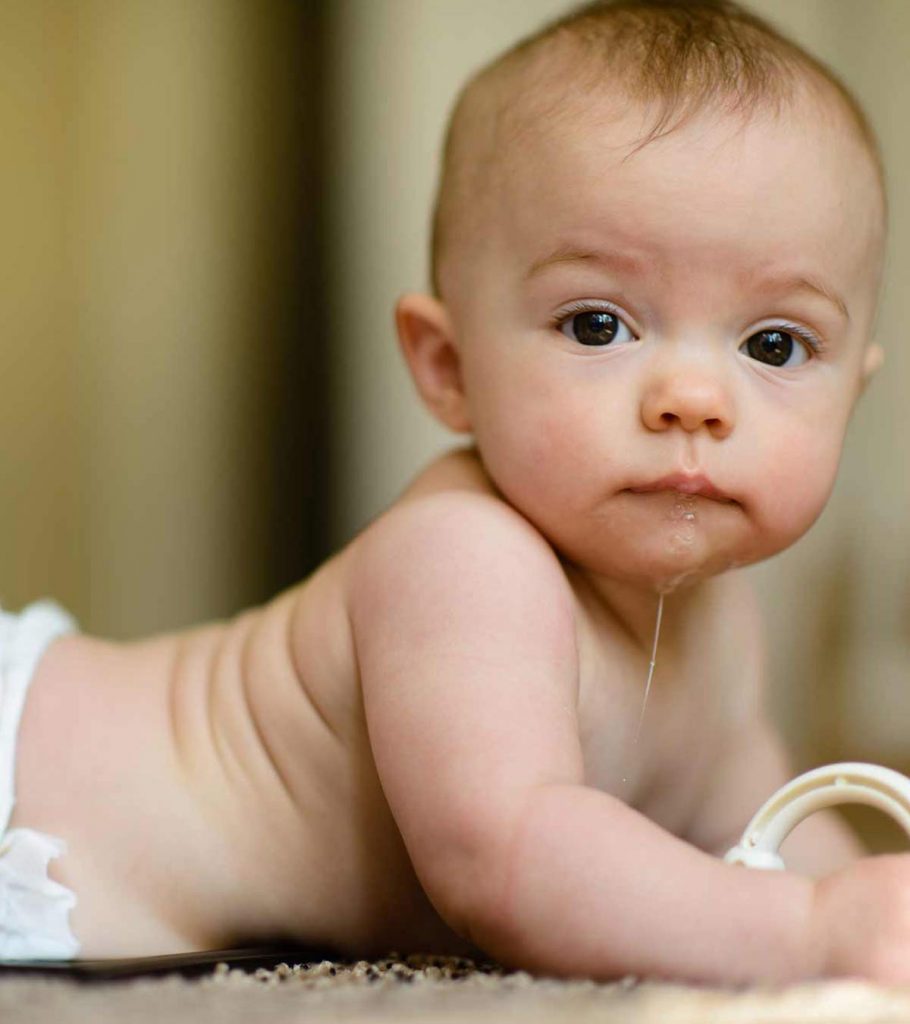
Baby Drooling Why Does It Happen And How To Stop It
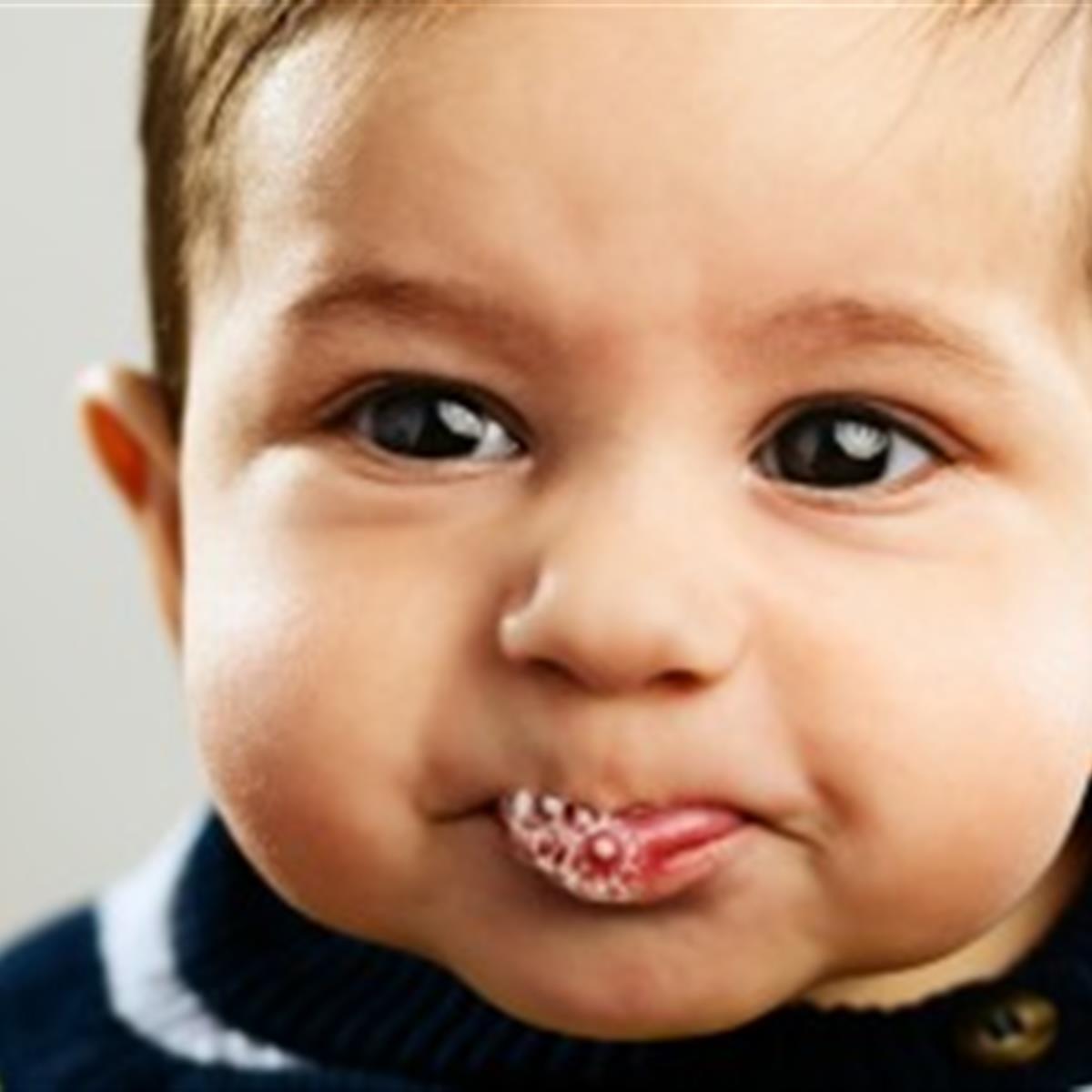
Drooling And Your Baby - Healthychildrenorg

Baby Drooling At 2 Months Heres What To Know - Cadence Education
Baby Drooling Causes Developmental Stages Treatment
